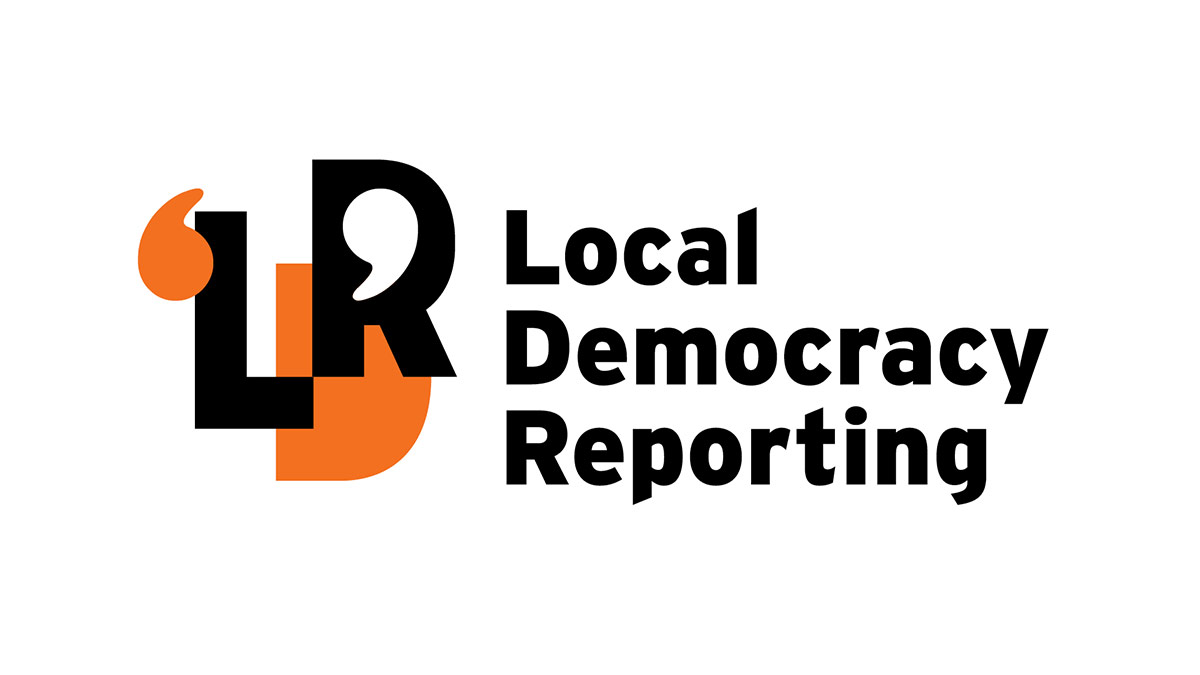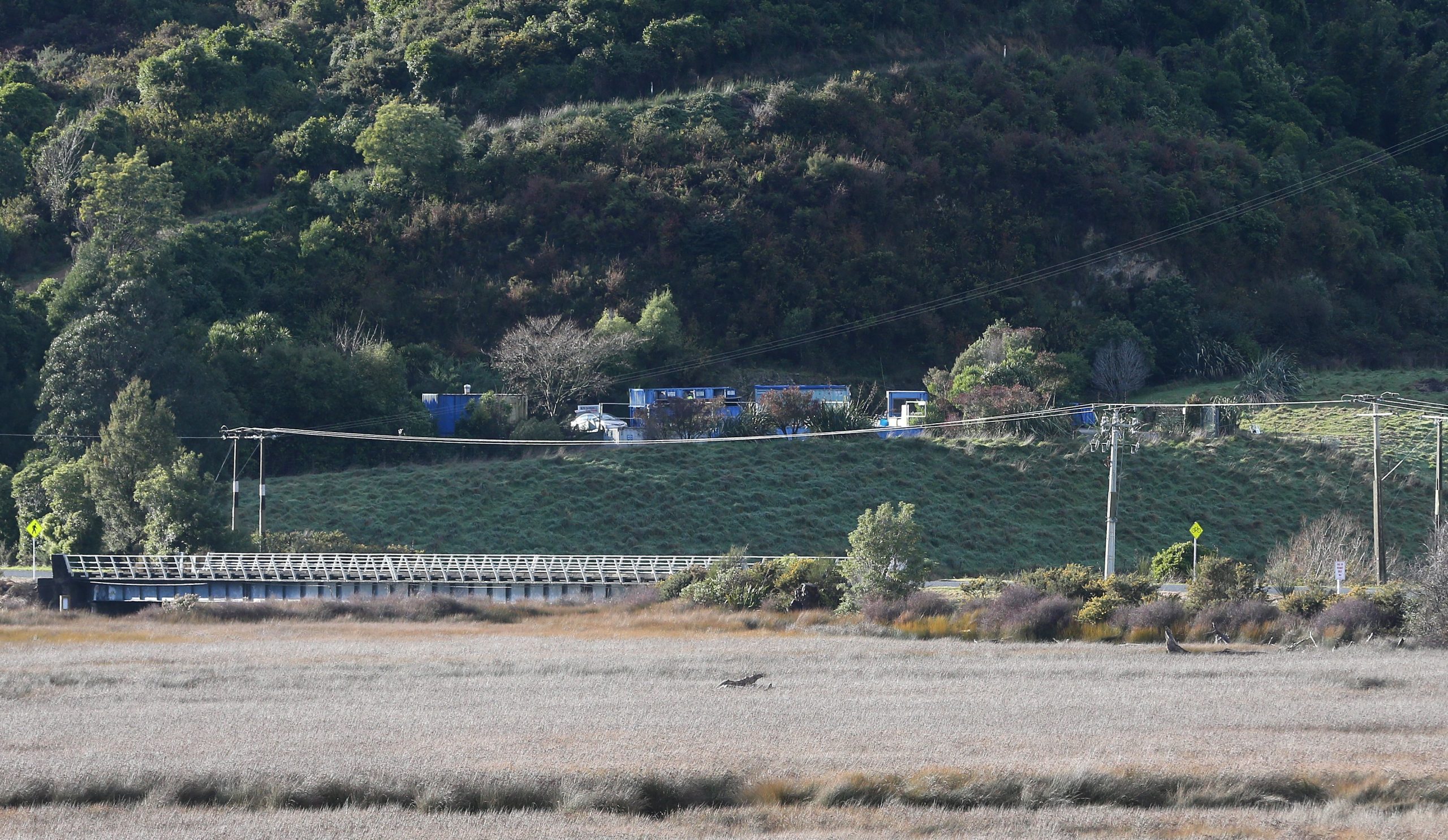Marlborough council to investigate use of closed landfill sites


A closed landfill in Havelock has a transfer station on it. Photo: Supplied/Stuff
The aquaculture and viticulture industries have approached the Marlborough District Council about using its closed landfill sites to store waste.
It means the waste could be stored on the sites for a period of time, although not for the long term.
The council’s assets and services committee earlier this month agreed that the committee chairperson, its chief financial officer, and assets and services manager would manage the idea moving forward.
Any proposal would eventually be brought back to council for approval.
Solid waste manager Mark Lucas presented a report to the assets and services committee on April 16, and said the proposal related to the potential use of closed landfill sites for commercial leasing.
Blenheim ward councillor Jamie Arbuckle asked Mark for a “high-level example” of what could end up on the sites.
“Are you talking about waste streams from primary industries like mussel shells and grape marc, or are we talking about other types of recycling incentives?” Jamie asked.
As an example, waste from the salmon industry was dumped at Blenheim’s Bluegums Landfill, with figures from January 2022 indicating 54 truckloads (394 tonnes) of dead salmon dumped at the landfill. The month before there was 222 tonnes dumped.
Mark clarified that the companies that approached the council were from the aquaculture and viticulture industries. The proposal would increase the diversion rates from landfill.
But, he later clarified to Local Democracy Reporting that he had not had any discussions with the mussel industry.
“Any activity outside the current resource consent will need a new resource consent before the activity could start, so there is a process that has to be followed,” he said.
“The closed landfills will not be reopened to be used as a landfill; it just gives us options to lease the land if a company has a suitable use for it.
“What we’re looking at, potentially, and this is only an example ... somebody storing stuff on the site.
“At the moment, the land is just sitting there. Whether it comes to something, we don’t know.”
His report said the council owned nine closed landfill sites around Marlborough.
Closed sites in Havelock, Picton, Seddon, Ward, Wairau Valley, and Rai Valley currently had transfer stations on them.
Maintenance and monitoring costs of those sites cost the council about $118,000 per financial year.

The sites were closed either because the landfill became full, or because Bluegums Landfill in Blenheim opened.
Leasing the closed landfills could offset the costs. The exact income was unknown at this point.
“If somebody comes to council with the correct proposal, it’s an opportunity for the council to achieve some income to offset the costs of the [closed] landfill.”
The report said the sites were considered contaminated, and would need to be considered in conjunction with the Resource Management Act and National Environment Standard requirements before any proposal was approved.
“The use of the sites would require management around the greenhouse gas emissions [from the closed landfill], but this would be considered as part of any proposal.”
Mark said any buildings on the site could be designed to mitigate or eliminate the risk of methane on the sites.
He said any buildings on the site could be designed to mitigate or eliminate the risk of methane on the sites.
An example of this was the council-owned Resource Recovery Centre, which had been designed to eliminate the risk of gas build-up.
“The floor slab is designed to prevent gases from penetrating it and has piping to capture the gases.
“There are also vent systems that keep the building in a negative pressure state and thus keeping air flowing through the building.”
Mark said there was no cost to the council at this point, as he was only requesting the council approve the discussions.
His report said diverting waste from landfill would help the council to achieve the reduction requirements set by the Ministry of Environment before 2030.
LDR is local body journalism co-funded by RNZ and NZ on Air.

